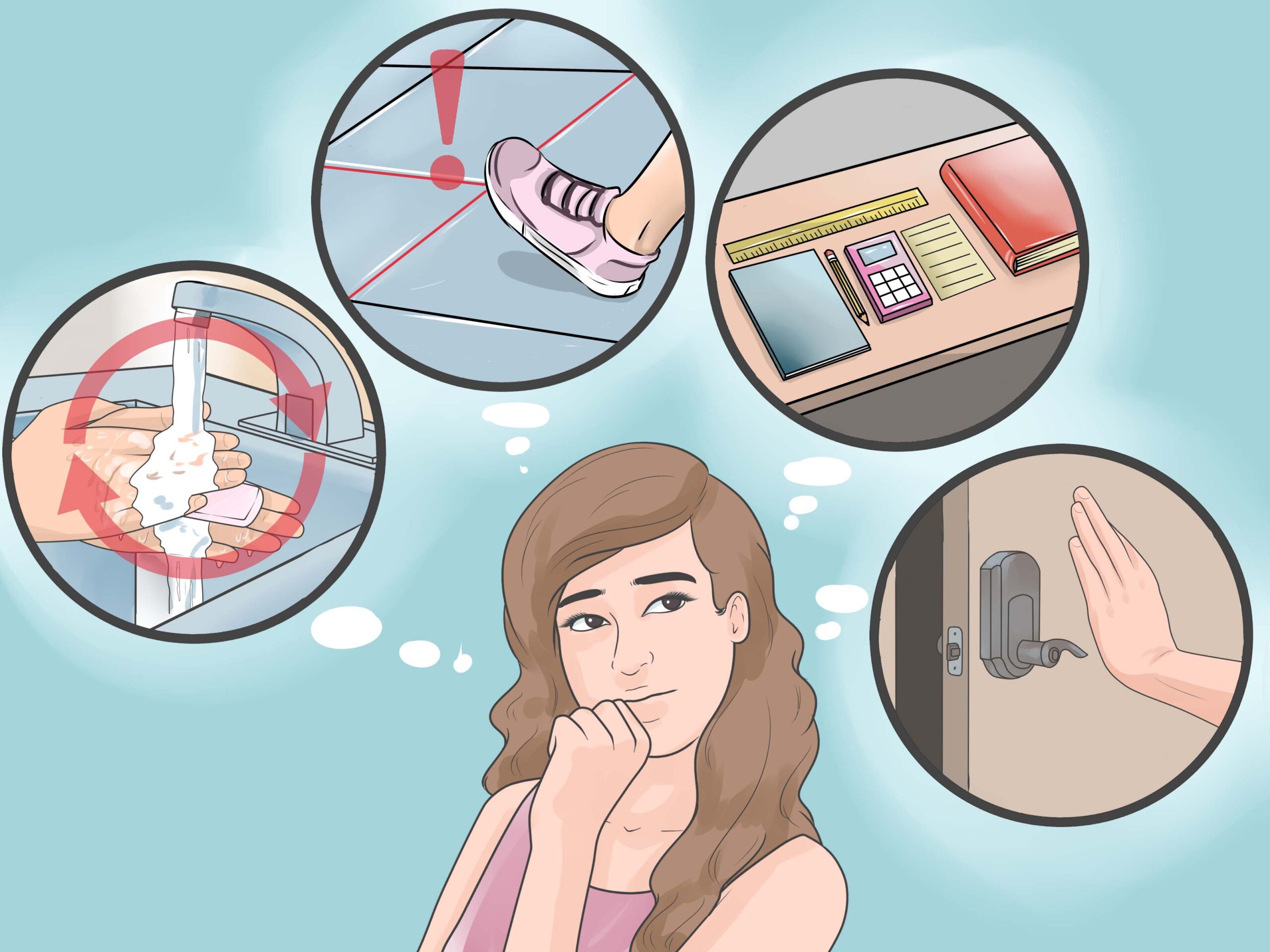OCD is typically treated with medications and psychotherapy. Best results are achieved by combining both. Patients who show no/little improvement with these, can be benefited with newer techniques like rTMS (recurrent Trans-cranial magnetic Stimulation).
Medications for OCD:
- Medicines may take 8 to 12 weeks to start working. Be patient.
- Talk with your health care provider to make sure you understand the risks and benefits of the medications you’re taking.
- Do not stop taking medication without talking to your health care provider first. Suddenly stopping a medication may lead to “rebound” or worsening of OCD symptoms. Other uncomfortable or potentially dangerous withdrawal effects are also possible.
- Report any concerns about side effects to your health care provider right away. You may need a change in the dose or a different medication.
Type of Therapies given for OCD:
Psychotherapy can be an effective treatment for adults and children with OCD. Research shows that certain types of psychotherapy, including cognitive behaviour therapy (CBT) and other related therapies (e.g., habit reversal training) can be as effective as medication for many individuals. Research also shows that a type of CBT called Exposure and Response Prevention (EX/RP)—spending time in the very situation that triggers compulsions (e.g. touching dirty objects) but then being prevented from undertaking the usual resulting compulsion (e.g. handwashing)—is effective in reducing compulsive behaviours in OCD.

